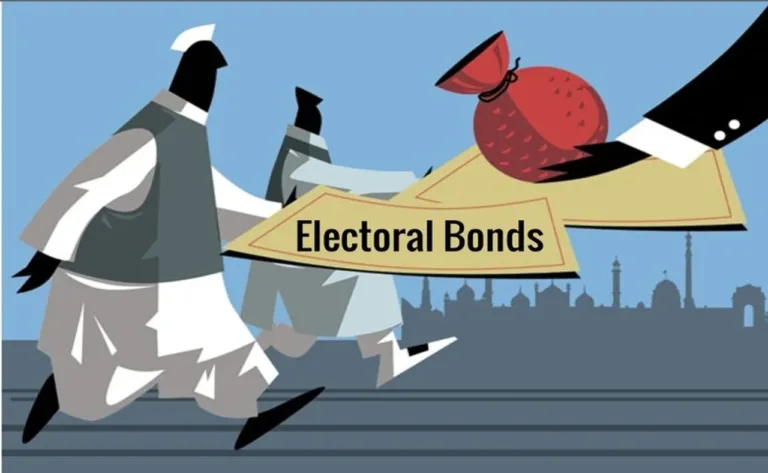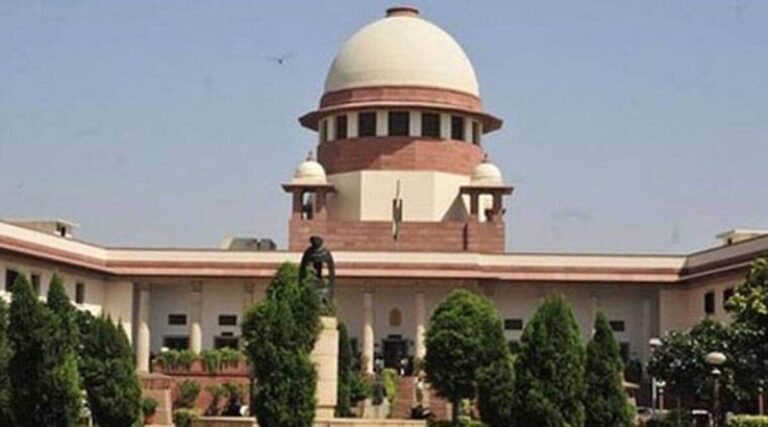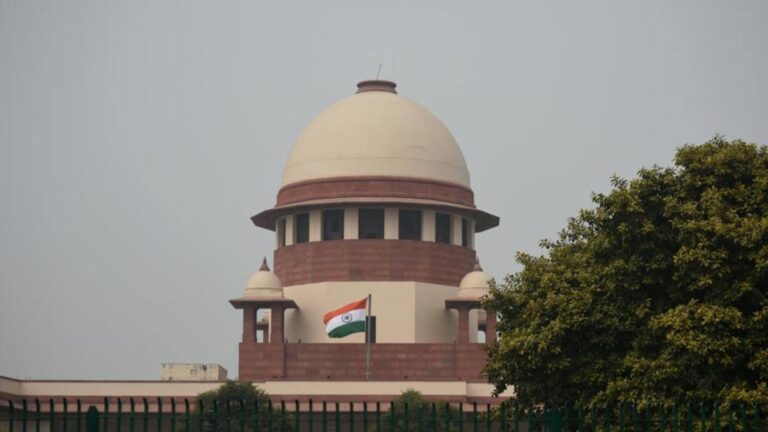On Tuesday, the Supreme Court adjourned former Maharashtra Minister Nawab Malik's petition to July. Malik has been...
Covering the Supreme Court of India
On Monday the Supreme Court issued a notice in the special leave petition in the money laundering...
The validity of the electoral bond scheme is being challenged in petitions before the Supreme Court. The...
The Unlawful Activities (Prevention) Act, sometimes known as UAPA, is a piece of anti-terrorism legislation in India....
In criminal proceedings, the prosecution must establish the guilt of the accused beyond a reasonable doubt. To...
The Drugs and Cosmetics Act is a crucial piece of legislation in India that governs the import,...
Citation: (1952) AIR 165
Bench: Justice Vivian Bose and Justice Saiyid Fazal Ali
Facts of the Case
A communal...











